From Taymazov to Mullajonov – doping scandals in Uzbek sport
Paris Olympics boxing champion Lazizbek Mullajonov has been temporarily suspended from competitions due to doping. Similar incidents have occurred frequently in Uzbek sports. For instance, freestyle wrestler Artur Taymazov was stripped of two gold medals, and judoka Abdulla Tangriev was banned from competing at the 2012 London Olympics. Former Uzbekistan national football team goalkeeper Ignatiy Nesterov also faced an eight-month ban from official matches.
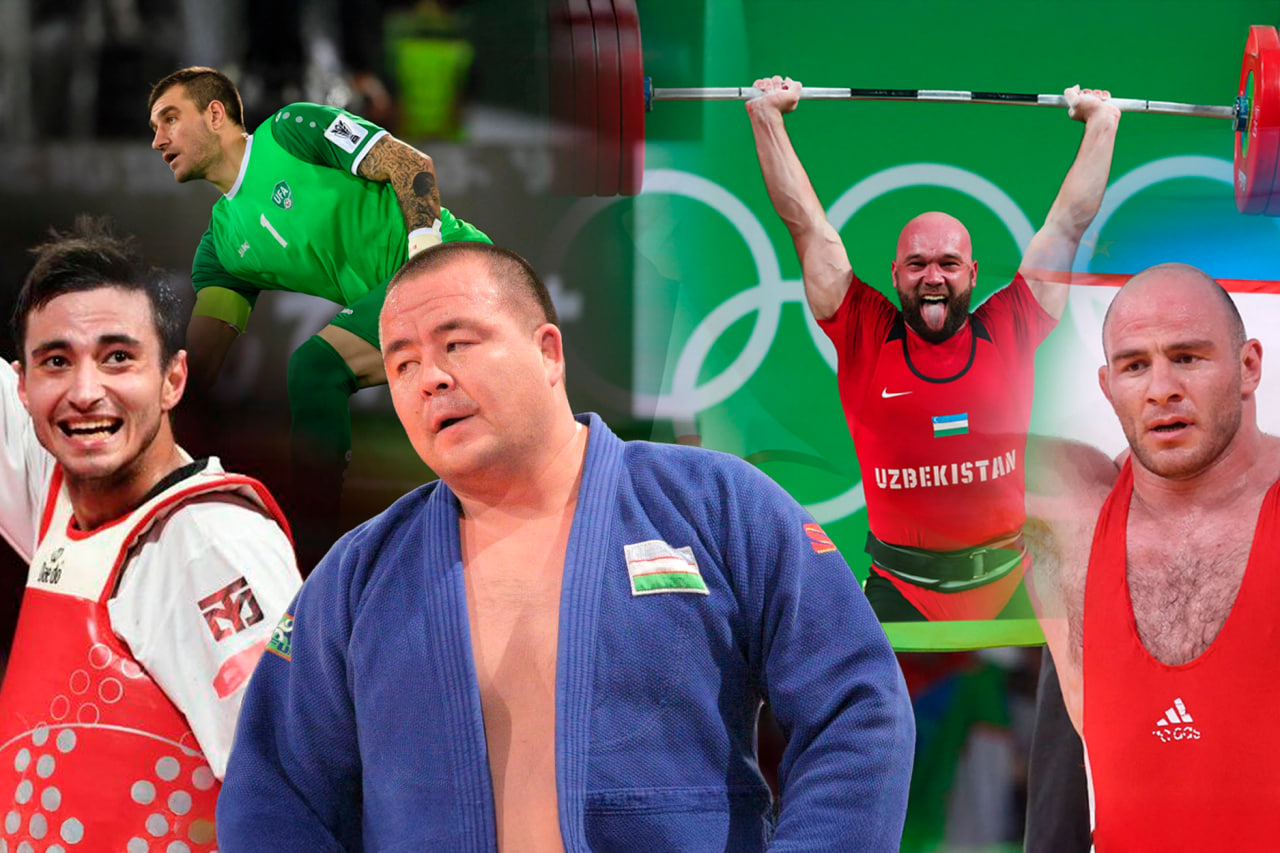
Mullajonov was suspended following the results of a doping test. It was reported that his sample, taken on 11 June 2025, tested positive for methasterone.
Methasterone is a prohibited synthetic steroid that promotes rapid muscle growth and enhances strength and endurance. It is banned both in and out of competition. The athlete has been notified and retains the right to request the analysis of his B sample.
The Uzbekistan Boxing Federation has suggested that some prohibited substances might have been present in medications prescribed to the athlete by a doctor.
Mullajonov, 26, won the gold medal in the 92 kg category at the 2024 Summer Olympics. He also claimed bronze at the 2023 World Championships.
In recent years, more world-class athletes have faced suspensions for either doping or providing inaccurate information to anti-doping agencies. Below is a list of notable Uzbek athletes disqualified from elite sport for similar reasons.
Artur Taymazov
Representing Uzbekistan in freestyle wrestling, Taymazov competed in four Olympic Games, winning three gold medals and one silver. However, he faced serious doping-related issues. His gold medals from the 2008 Beijing and 2012 London Olympics were stripped after retesting of his samples revealed the banned substance turinabol.
An ethnic Ossetian who represented Uzbekistan in numerous international events, Taymazov retired in 2015. He is currently a member of the Russian State Duma.
Abdulla Tangriev
A silver medalist at the 2008 Beijing Olympics and a prominent judoka and kurash wrestler, Tangriev was barred from competing at the 2012 London Olympics after traces of narcotics were found in his blood. He was banned for two years.
Tangriev later returned to top-level sport and won gold at an international tournament in Russia in 2014.
Ruslan Nuriddinov
Weightlifting champion at the 2016 Rio Olympics, Nuriddinov was banned for two years – from December 2018 to December 2020 – for violating anti-doping rules. Turinabol was detected in his 2012 London Olympics blood sample, and his fourth-place finish at that event was annulled.
Nuriddinov made a successful comeback, breaking a world record to win gold at the 2021 Asian Championships. He also won silver at that year’s World Championships and gold at the 2022 edition.
Ignatiy Nesterov
Former goalkeeper of the Uzbekistan national football team, Nesterov was suspended for eight months after testing positive during the 2019 AFC Asian Cup. The banned substance was linked to a weight-loss drug he had taken without medical approval. He was unable to return to play until October 2019.
Bektemir Melikuziev
An Olympic and World Championships medalist in amateur boxing and an Asian champion, Melikuziev was banned from all national and international competitions for four years. His initial doping test revealed the banned substance furosemide. Later, between September 2019 and February 2020, he failed to provide accurate whereabouts information on three occasions, leading to a suspension from February 2020 to February 2024. However, this did not affect his professional boxing career. To date, he has fought 17 bouts, winning 16, and is the official challenger for the WBA title.
Ulugbek Rashidov
Two-time Olympic taekwondo champion Rashidov was recently banned for two years after failing to provide his whereabouts on three occasions, which is considered a violation of anti-doping regulations. His ban runs from 13 May 2025 to 12 May 2027.
According to Rashidov, athletes must update a program daily with their location, overnight stay, and travel plans.
“In my case, they came at 06:00 in the morning. This happened in November. My program listed 21:00, so I had no expectation that someone might come at six in the morning. They didn’t even call me – they just sent an SMS…,” the taekwondo athlete explained.
Additionally, freestyle wrestler Soslan Tigiev, who competed internationally under the Uzbek flag, was stripped of his London Olympics bronze medal for doping.
Related News
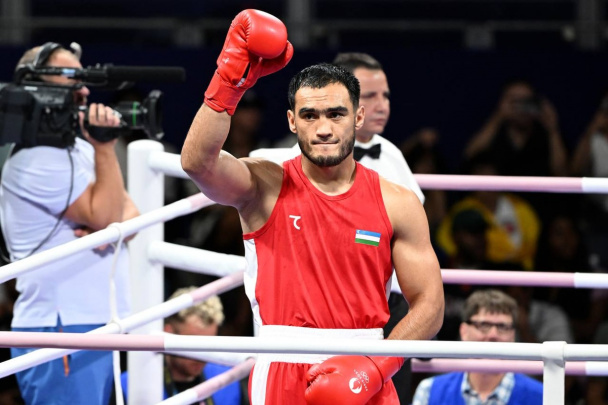
12:31 / 31.07.2025
Olympic champion Lazizbek Mullajonov tests positive for doping
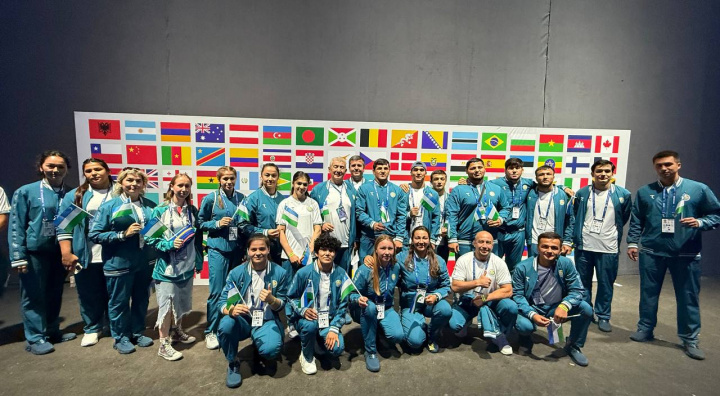
12:23 / 28.07.2025
Uzbekistan leads Central Asia in medal count at FISU World University Games in Germany
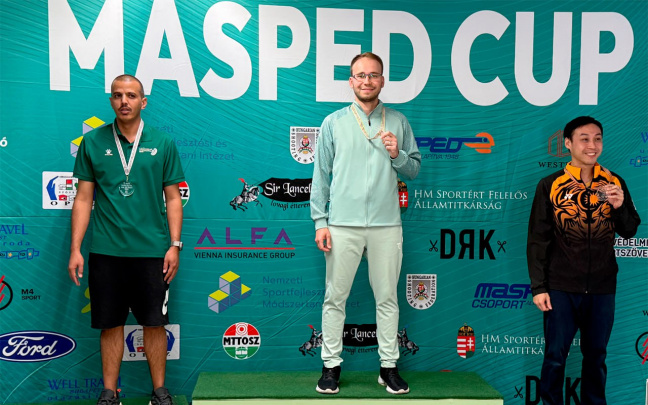
11:41 / 12.07.2025
Uzbekistan's Vladimir Svechnikov wins gold at international shooting tournament in Budapest
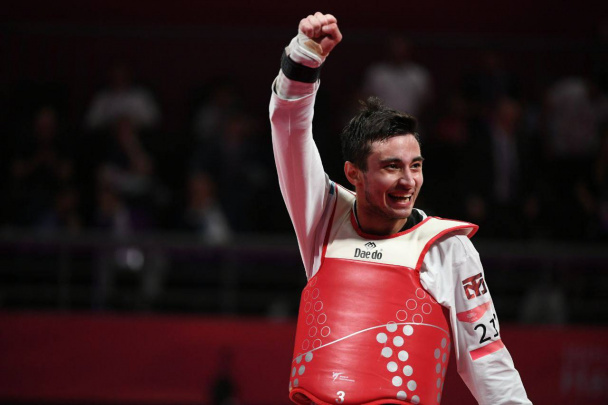
12:40 / 11.07.2025



